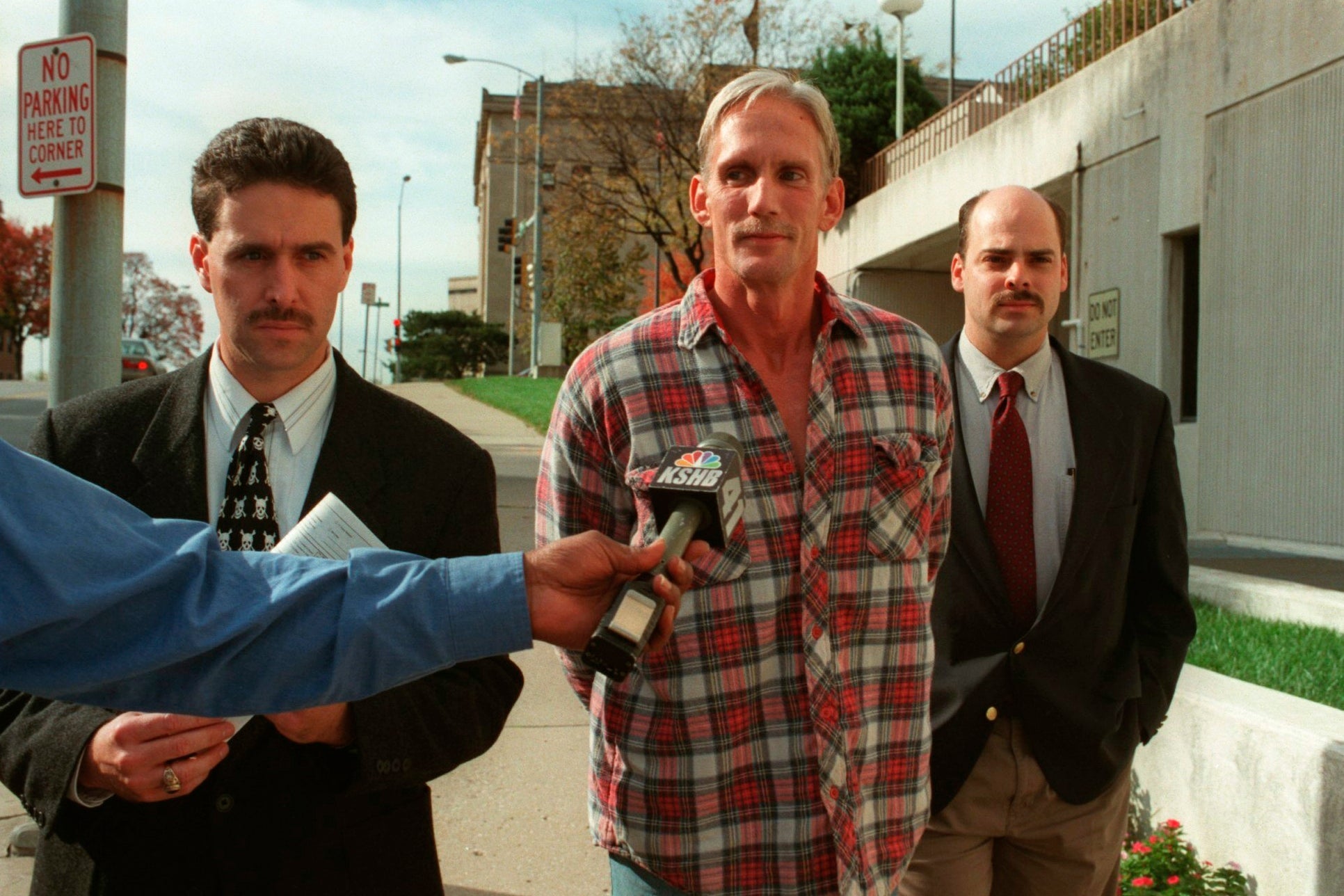Second federal execution in 17 years delayed after prisoner claims dementia
Wesley Ira Purkey was convicted of a brutal murder in 2003 and has been on death row ever since

Your support helps us to tell the story
From reproductive rights to climate change to Big Tech, The Independent is on the ground when the story is developing. Whether it's investigating the financials of Elon Musk's pro-Trump PAC or producing our latest documentary, 'The A Word', which shines a light on the American women fighting for reproductive rights, we know how important it is to parse out the facts from the messaging.
At such a critical moment in US history, we need reporters on the ground. Your donation allows us to keep sending journalists to speak to both sides of the story.
The Independent is trusted by Americans across the entire political spectrum. And unlike many other quality news outlets, we choose not to lock Americans out of our reporting and analysis with paywalls. We believe quality journalism should be available to everyone, paid for by those who can afford it.
Your support makes all the difference.A US district court has delayed the country’s second federal execution in nearly two decades on the grounds that the man sentenced to death has dementia and does not understand his punishment.
Convicted murderer Wesley Purkey, who has been on death row for nearly 20 years, was scheduled for execution today at an Indiana penitentiary, but his execution by lethal injection was halted with just hours to go.
In her ruling, Washington, DC District Court Judge Tanya Chutkan found that “at least one of plaintiffs’ claims has a likelihood of success on the merits, and that absent a preliminary injunction, plaintiffs will suffer irreparable harm”.
Purkey’s lawyers argued that since he suffers from advancing Alzheimer’s disease, he cannot have a “rational understanding” of why he is to be executed. He also reportedly suffers from delusions; his lawyer, Rebecca Woodman, says he believes that he is the victim of a vast conspiracy, with assassins trying to kill him by spraying poison into his cell.
A history of poor mental health was an issue at Purkey’s original trial and sentencing in 2003, but his dementia presents a different issue as it relates to fitness at the point of execution, rather than eligibility for a capital sentence.
Mental health organisations have long campaigned against Mr Purkey’s execution. Just last week, three groups together signed a letter to US attorney general Bill Barr in which they argued that executing someone in Purkey’s condition “constitutes cruel and unusual punishment and does not comport with ‘evolving standards of decency’.”
Purkey would have been the second federal inmate to be executed this week, after Daniel Lewis Lee, whose sentence was carried out a day late after a US Supreme Court decision allowed it to go ahead. Dustin Lee Honken is due to be executed on Friday; another death row inmate, Keith Dwayne Nelson, has his execution scheduled for August.
Join our commenting forum
Join thought-provoking conversations, follow other Independent readers and see their replies
Comments